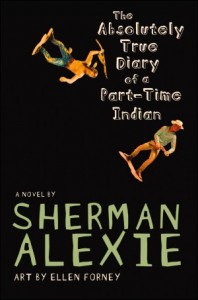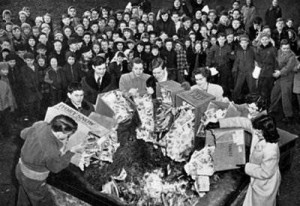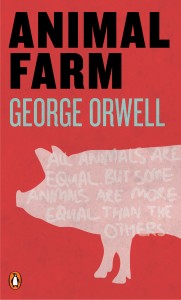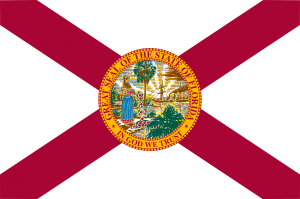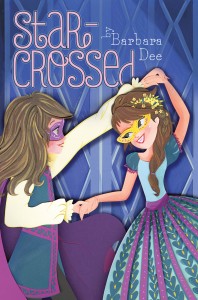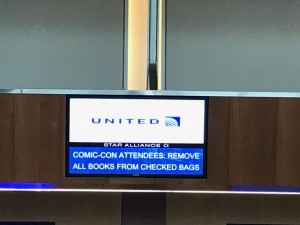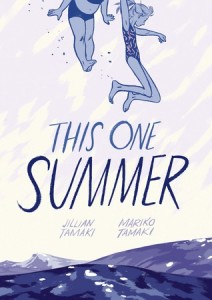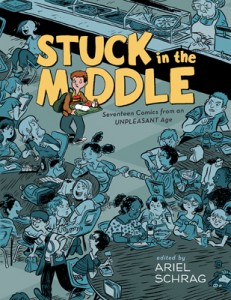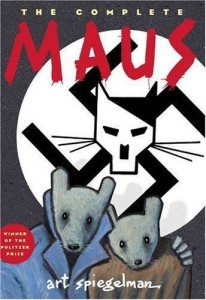As the year wraps up, we take a look back at our most-read news stories of 2017…
1. Alaska School Board Removes Four Titles from Reading List After Parent Complaints
Five popular, award-winning, and critically praised novels were removed from an alternative reading list for high school students in Nome, Alaska after parent complaints, leading to a contentious public debate at a school board meeting. By the end of the meeting Sherman Alexie’s The Absolutely True Diary of a Part-Time Indian was restored to the list, but Alice Walker’s The Color Purple, Toni Morrison’s The Bluest Eye, Khaled Hosseini’s The Kite Runner, and J.D. Salinger’s Catcher in the Rye are all still verboten. More…
2. Book Burning: A Sordid History of Cultural Erasure
For as long as books have existed, people have been trying to burn them. Book burning is in the Bible, as some 19th century Los Angeles ministers pointed out in advocating a purge of the public library. In recent times, bonfires of books and other media from video games to Beatles records have been largely symbolic since the burners don’t intend to eradicate every copy in existence, but not so long ago that was indeed the goal. More…
3. Everything’s Orwellian: School Removes Animal Farm from Curriculum
A school district in Stonington, Connecticut, removed George Orwell’s classic dystopia Animal Farm from the eight-grade curriculum despite the protestations of a popular longtime teacher and several parents in the district. More…
4. Florida Superintendent Orders Ban on All Books Judged ‘Inappropriate’
In response to a draconian censorship directive recently issued by the superintendent of schools in Dixie County, Florida, CBLDF joined with other member organizations of the Kids’ Right to Read Project in defending vast swathes of library and classroom materials in the district. The order from Superintendent Mike Thomas targets for removal any library materials, textbooks, or supplemental texts that contain “profanity, cursing, or inappropriate subject matter.” More…
5. School Asks Author to Stop Discussing Her Book Mid-Visit
Sadly, the phenomenon of authors being disinvited from previously scheduled school visits because of their writing or opinions is nothing new–in the past few years, it’s happened to Rainbow Rowell, Phil Bildner, and Meg Medina, to name just a few. But middle-grade author Barbara Dee found herself in the supremely absurd situation of being asked to stop talking about her book in the midst of a day full of book talks. The reason: Dee’s newly released novel Star-Crossed features a romance between two girls. More…
6. TSA, United Clash Over Rules for Comics in Checked Bags
Confusion reigned for Comic-Con attendees departing from San Diego International Airport, as United Airlines claimed that the Transportation Security Administration was allowing comic books in carry-ons but not checked bags. The TSA later said it had imposed no such restriction, and ultimately United allowed that it may have mistaken an informal packing guideline for an actual government regulation. More…
7. This One Summer Tops ALA’s Top Ten Challenged Books List
Jillian and Mariko Tamaki’s award-winning graphic novel This One Summer “earned” the top spot in the American Library Association’s list of the most challenged books in 2016. Other comics in the top ten are Drama by Raina Telgemeier and Big Hard Sex Criminals by Matt Fraction and Chip Zdarsky. More…
8. Stuck in the Middle Challenged in Oklahoma School
An Oklahoma middle school pulled the comic anthology Stuck in the Middle: Seventeen Comics from an Unpleasant Age off of shelves after one parent called it “trash” and complained of vulgarities, sexual references, and drug use in some of the stories. Although one egregiously biased local news report suggested that the book is permanently banned, an equally biased report from a competing station indicates that Mid-Del School District is following its challenge policy by forming a review committee to decide its fate. More…
9. Libya Comic Con Shut Down by Militia; Organizers Detained
Libya’s second annual comic con was cut short when it was stormed by armed militia forces who shut down the event and detained about 20 people. Most have since been released — not exactly unscathed — but the militia says six organizers of the show will be turned over to prosecutors for “attack on morals and modesty” of young people. More…
10. College Courses on Graphic Novels Criticized as Less ‘Intellectually Demanding’
We may be biased (we’re biased), but it is difficult to see how the increased use of comics in higher education could be a bad thing. Starting with Art Spiegelman’s Maus over thirty years ago, educators at all levels have discovered the unique benefits of graphic literature in the classroom. Today entire courses built around comics can be found at every type of post-secondary institution from community colleges to large universities. Nevertheless, the advancement of comics in academia is also inspiring some hand-wringing backlash from certain pundits. More…
To find out more about what CBLDF did to defend comics and the right to read in 2017, check out our annual report here.
Help support CBLDF’s important First Amendment work by visiting the Rewards Zone, making a donation, or becoming a member of CBLDF!
